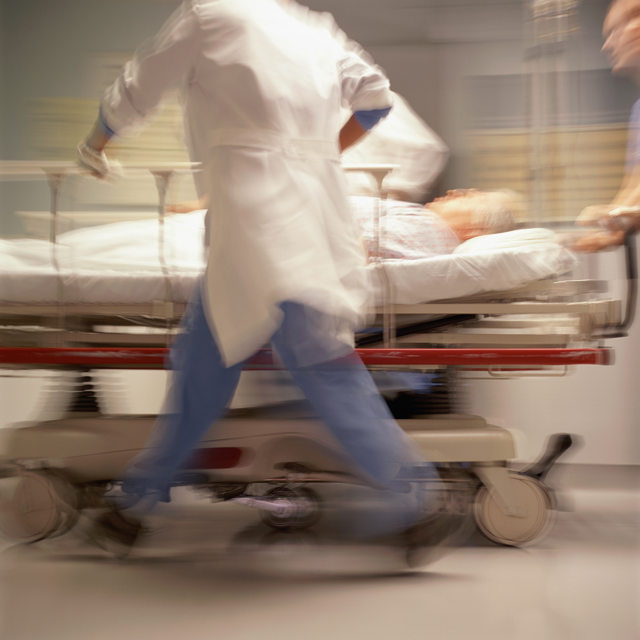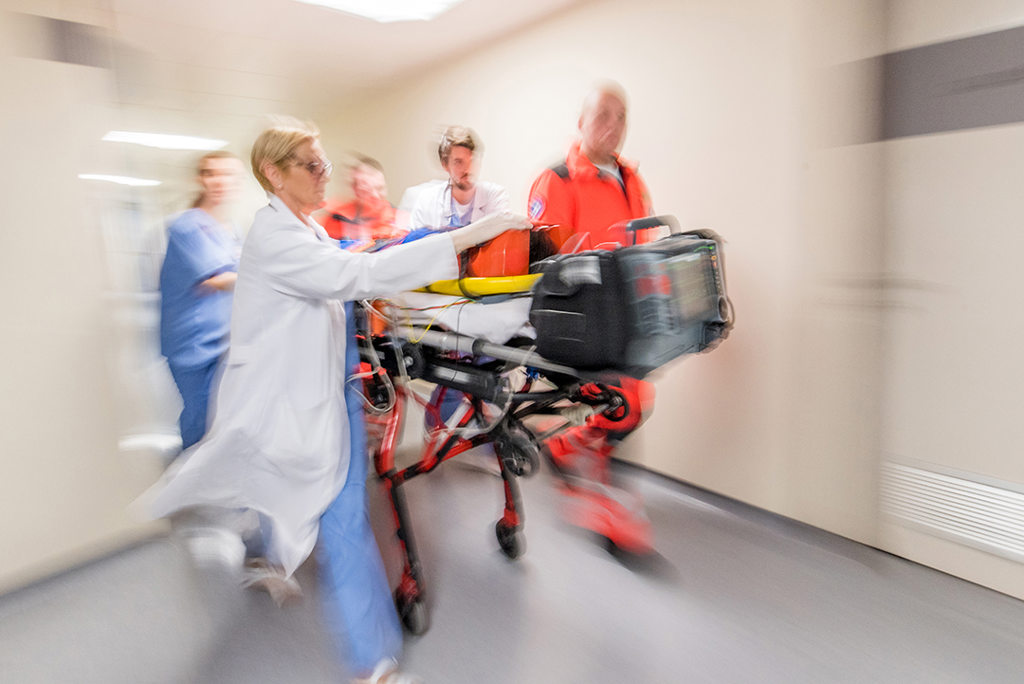
Emergency Care for Strokes
Stroke Emergency Care
If you suspect someone close to you is experiencing a stroke, call 9-1-1 immediately. Signs of a stroke tend to come on suddenly and in no particular order. The easiest way to check for stroke is to remember BE FAST:
- B: loss of balance
- E: sudden changes in vision (eyes)
- F: face droopiness, especially one-sided
- A: weakness in one arm
- S: speech difficulty
- T: time is critical
What are Signs of a Stroke Emergency?
Chances are you won’t be able to recognize the signs of a stroke in yourself. It’s usually someone else who notices. Or you identify the signs in your loved one. It’s important for all members of your household to be familiar with the signs of a stroke, which include:
- Face droopiness
- Arm weakness
- Difficulty speaking or slurred speech
- Sudden numbness or weakness in the face, arm, or leg, especially on one side of the body
- Sudden confusion or inability to understand speech
- Sudden trouble seeing out of one or both eyes
- Sudden dizziness and loss of balance or coordination
- Sudden severe headache with no known cause

Emergency Medicine
Emergency Department - Connellsville
Emergency Department and Trauma Center- DuBois

Emergency Medicine
Emergency Department - Clearfield
Emergency Department - Huntingdon
Emergency Department - State College
Emergency Department - Tyrone
Emergency Department and Trauma Center- DuBois

Emergency Medicine
Emergency Department - Connellsville
Emergency Department - Mon Valley
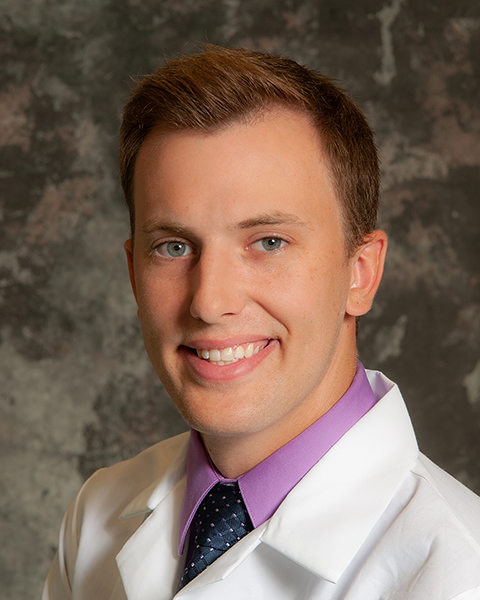

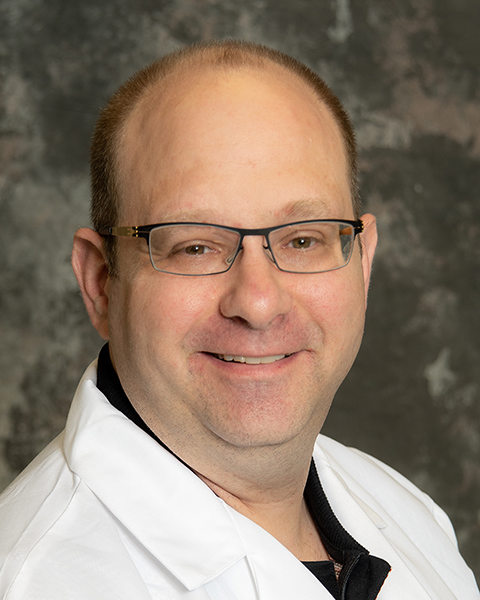
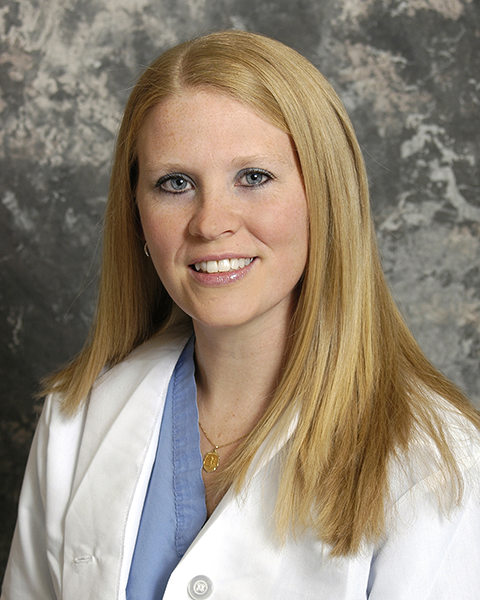
Emergency Medicine
Emergency Department - Elk
Emergency Department and Trauma Center- DuBois


Emergency Medicine
Emergency Department - Clearfield
Emergency Department and Trauma Center- DuBois
Huntingdon Emergency Group PC
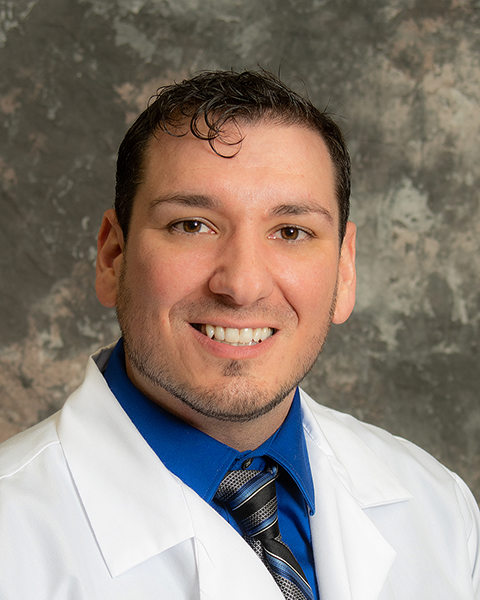
Emergency Medicine
Emergency Department - Clearfield
Emergency Department - State College
Emergency Department - Tyrone
Emergency Department and Trauma Center- DuBois

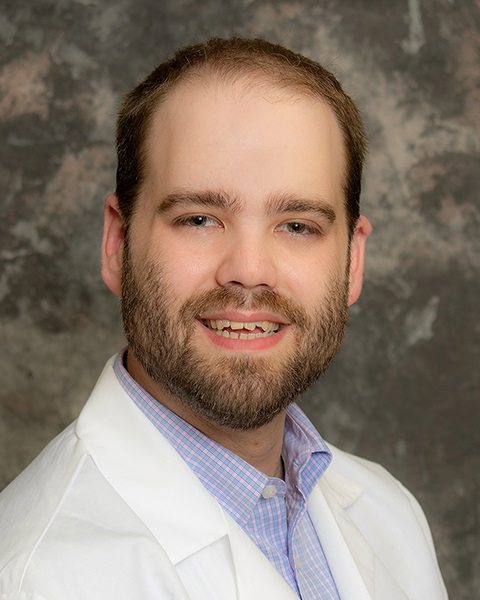
Emergency Medicine
Emergency Department - Brookville
Emergency Department - Clearfield
Emergency Department - Elk
Emergency Department - Tyrone
Emergency Department and Trauma Center- DuBois
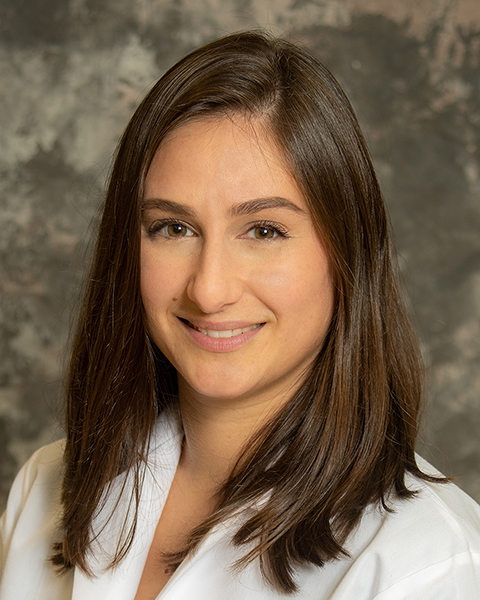

Emergency Medicine
Emergency Department - Connellsville
Emergency Department - Mon Valley
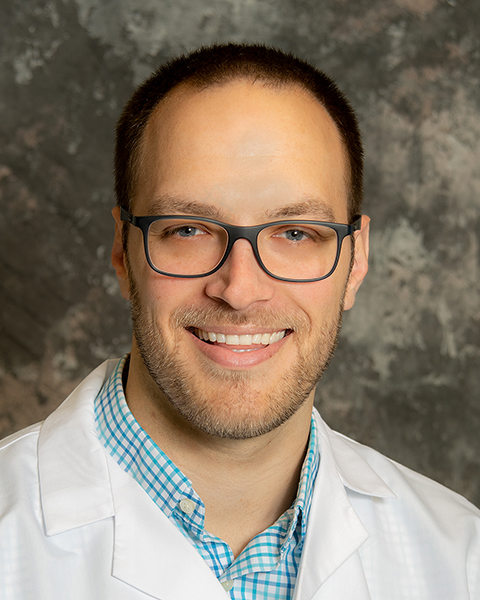

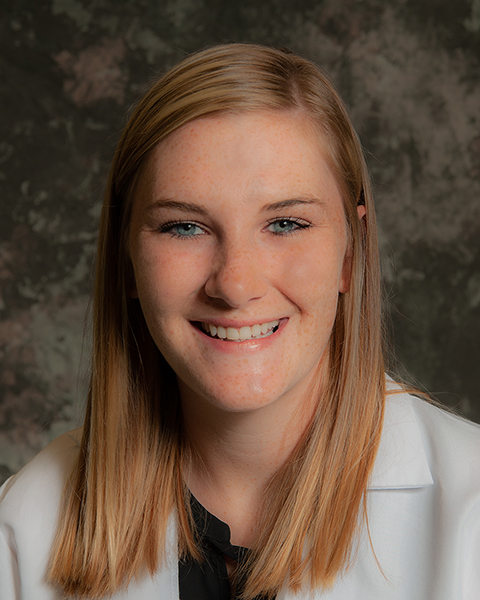
Emergency Medicine
Emergency Department - Clearfield
Emergency Department - Elk
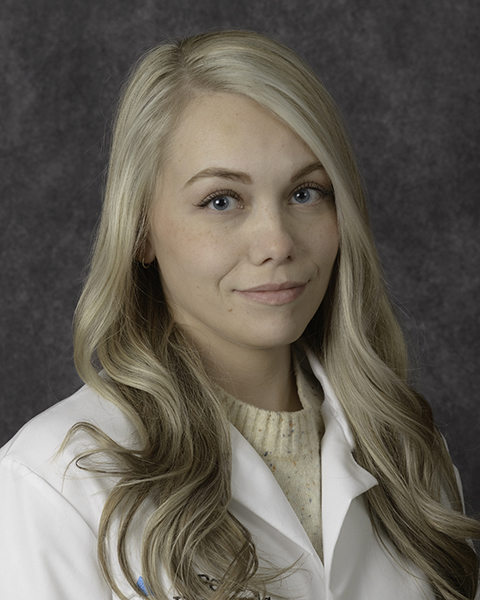
Emergency Medicine
Hospitalists
Emergency Department - Mon Valley
Penn Highlands Mon Valley
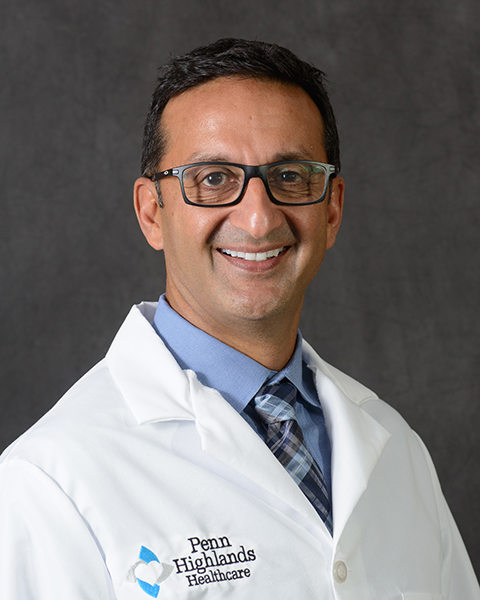

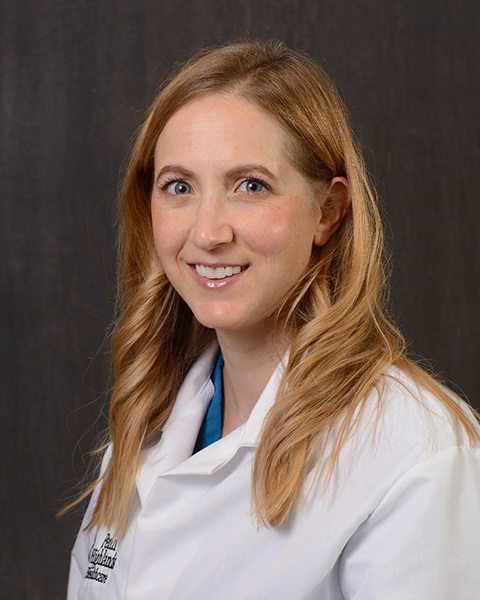

Emergency Medicine
Emergency Department - Brookville
Emergency Department and Trauma Center- DuBois

Emergency Medicine
Emergency Department - Brookville
Emergency Department - Clearfield
Emergency Department - Elk
Emergency Department and Trauma Center- DuBois
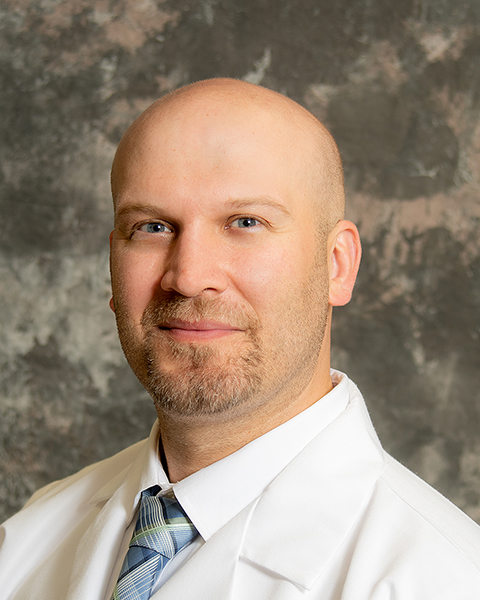
Emergency Medicine
Emergency Department - Brookville
Emergency Department - Elk
Emergency Department - Huntingdon
Emergency Department - State College
Emergency Department - Tyrone
Emergency Department and Trauma Center- DuBois

Emergency Medicine
Emergency Department - State College
Emergency Department - Tyrone
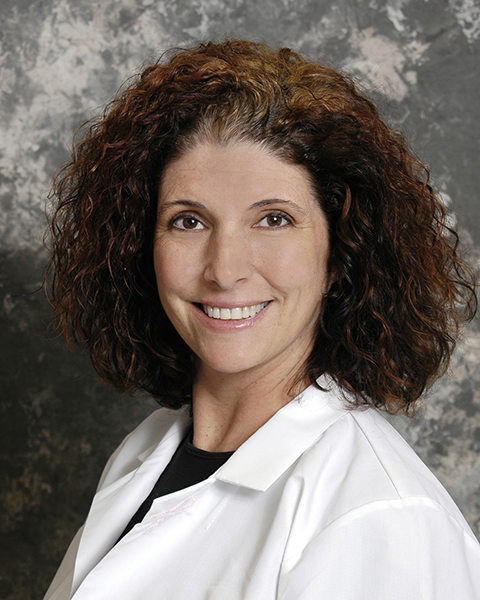
Emergency Medicine
Emergency Department - Brookville
Emergency Department - Clearfield




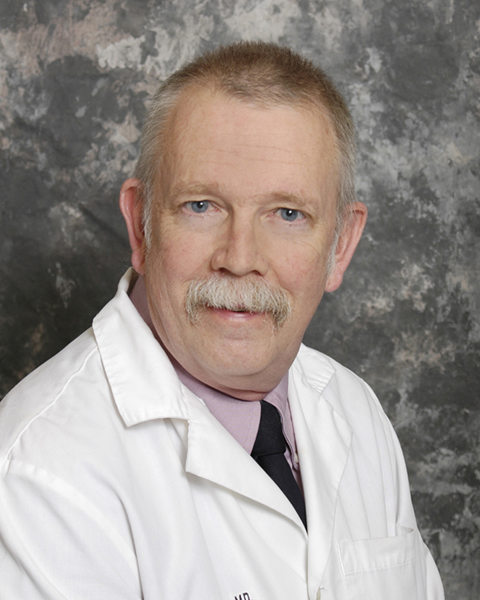
Emergency Medicine
Emergency Department - Brookville
Emergency Department and Trauma Center- DuBois

Emergency Medicine
Emergency Department - Connellsville
Emergency Department - Mon Valley
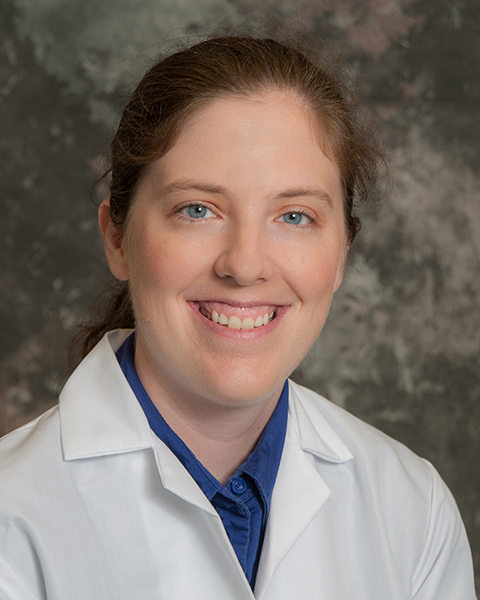
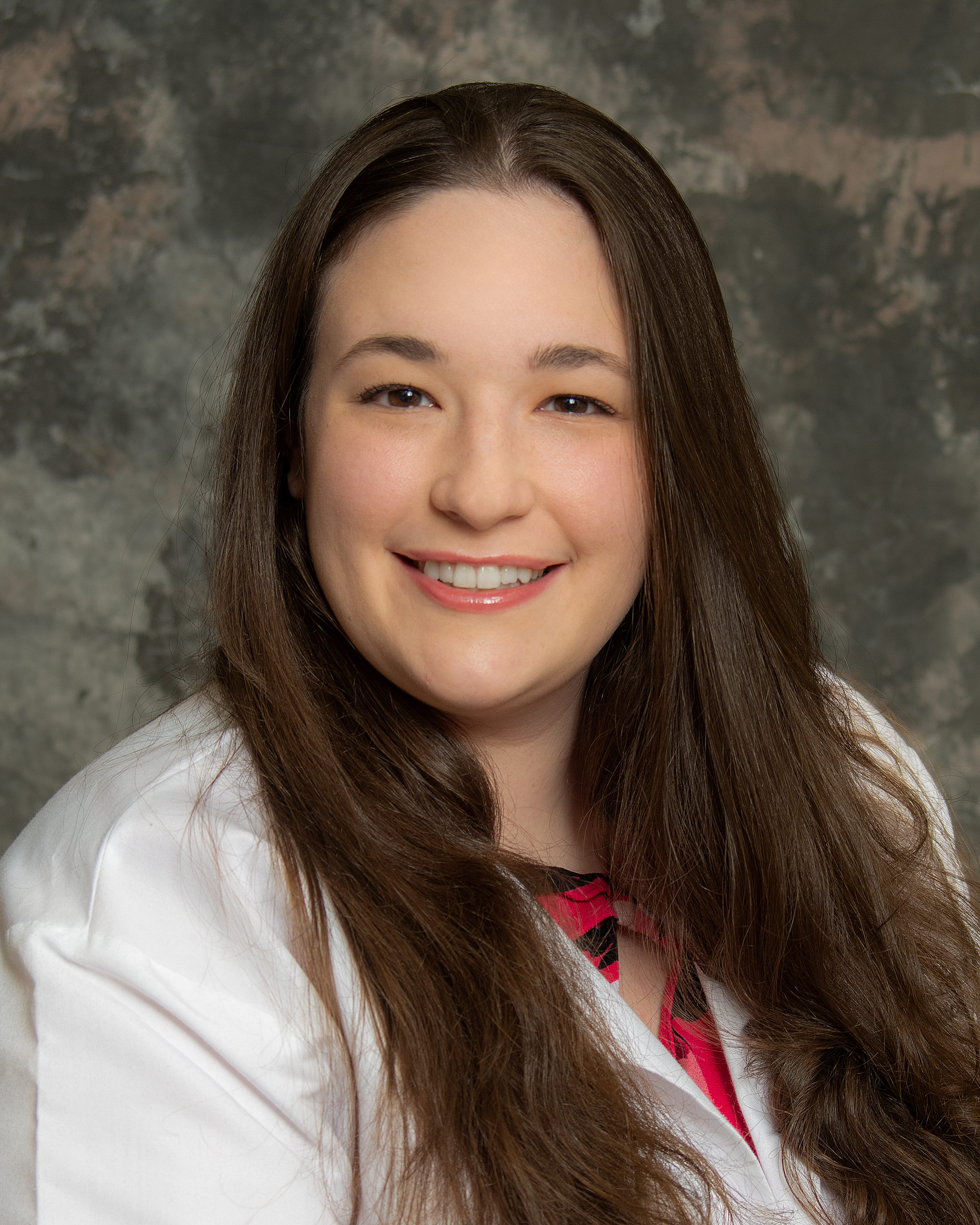
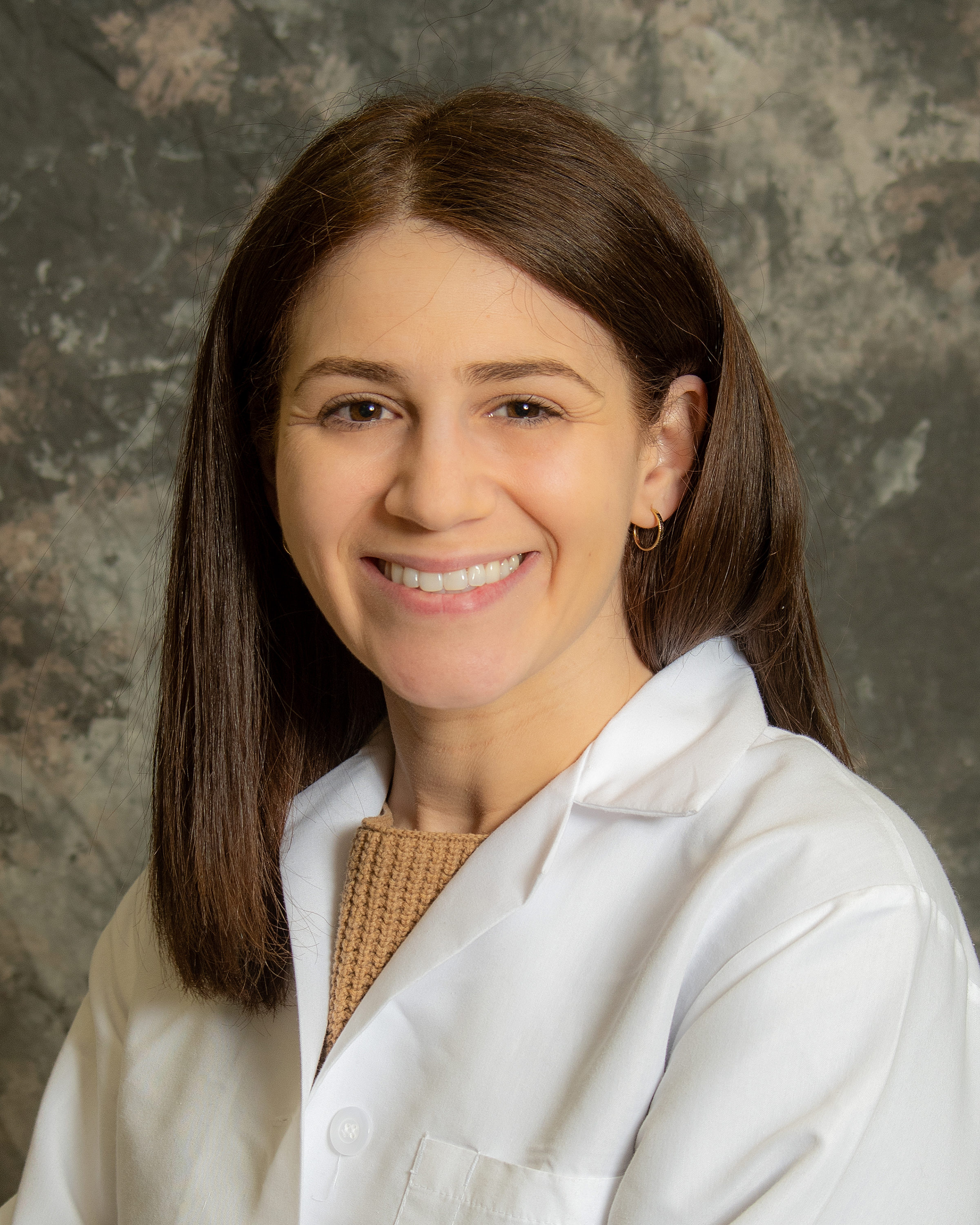


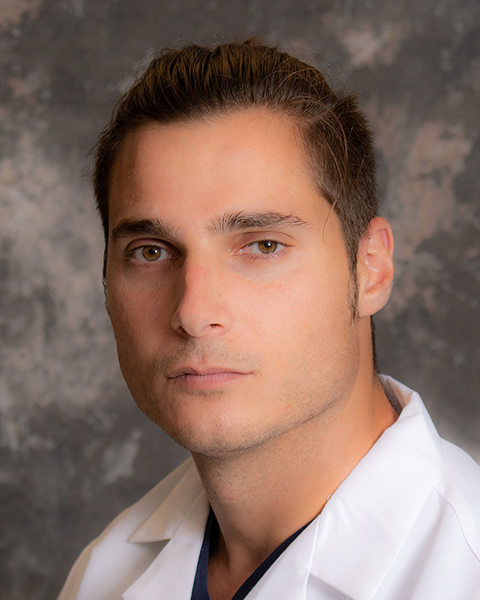
Emergency Medicine
Emergency Department - Huntingdon
Emergency Department - State College
Emergency Department - Tyrone

Emergency Medicine
Emergency Department - Clearfield
Emergency Department and Trauma Center- DuBois
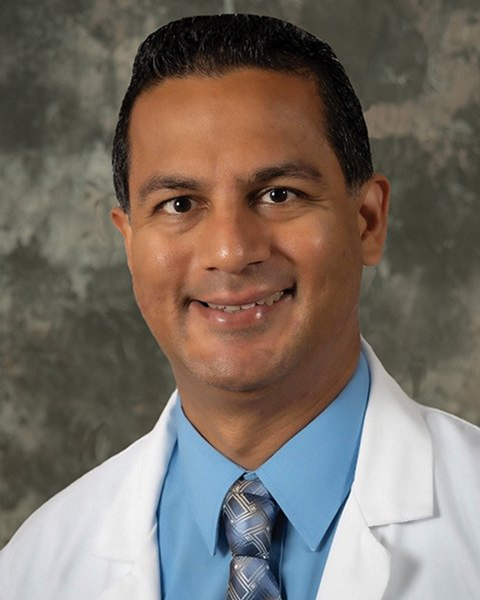
Emergency Medicine
Emergency Department - Huntingdon
Emergency Department - Tyrone

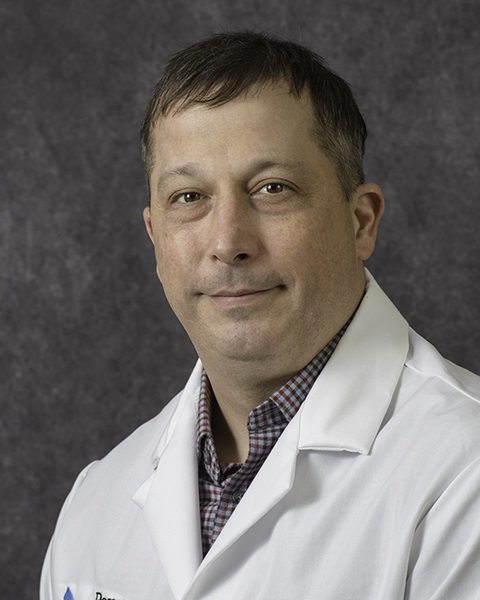
Emergency Medicine
Emergency Department - Connellsville
Emergency Department - Mon Valley

Emergency Medicine
Emergency Department - Huntingdon
Emergency Department - State College
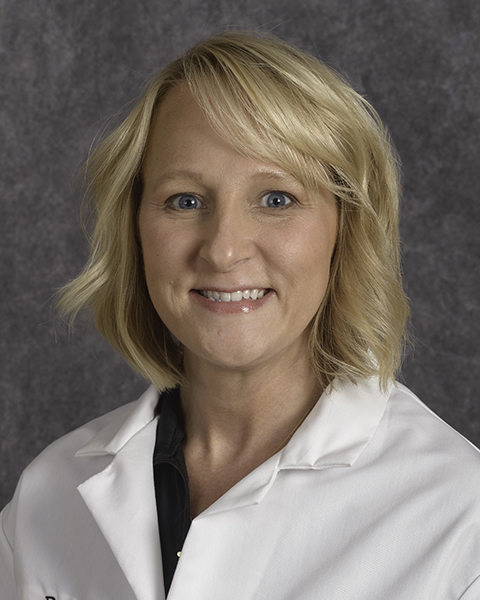
Emergency Medicine
Hospitalists
Emergency Department - Mon Valley
Penn Highlands Mon Valley

Emergency Medicine
Emergency Department - Elk
Emergency Department and Trauma Center- DuBois


Emergency Medicine
Emergency Department - Huntingdon
Emergency Department - State College
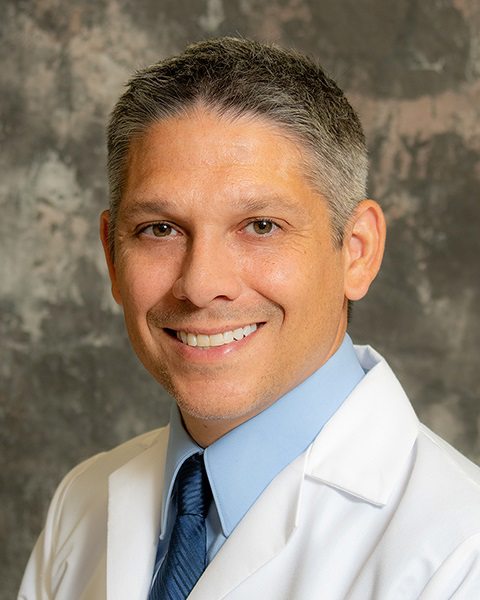
Emergency Medicine
Emergency Department - Huntingdon
Emergency Department - State College
Emergency Department - Tyrone
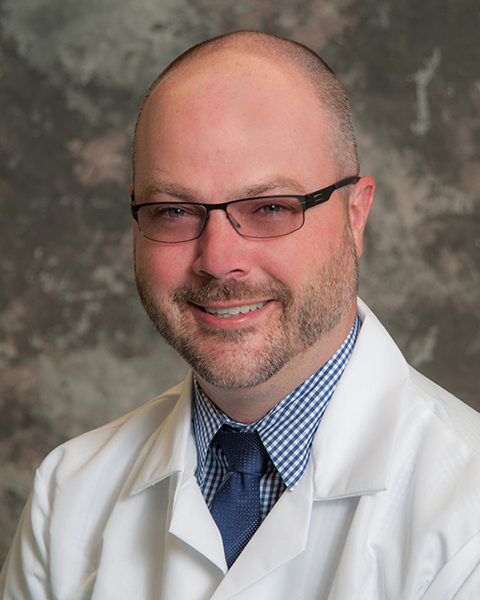
Emergency Medicine
Emergency Department - State College
Emergency Department and Trauma Center- DuBois
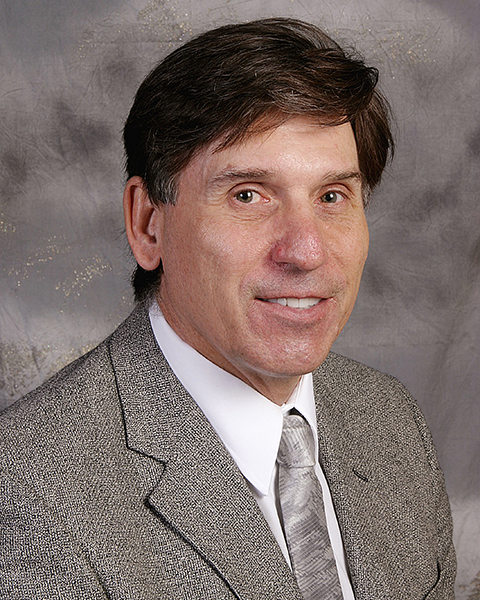
Emergency Medicine
Emergency Department - Brookville
Emergency Department and Trauma Center- DuBois


Emergency Medicine
Hospitalists
Emergency Department - Mon Valley
Penn Highlands Mon Valley
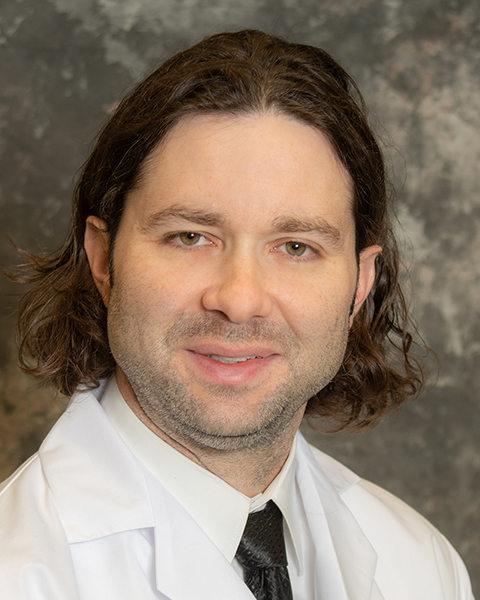
Emergency Medicine
Emergency Department - Elk
Emergency Department and Trauma Center- DuBois
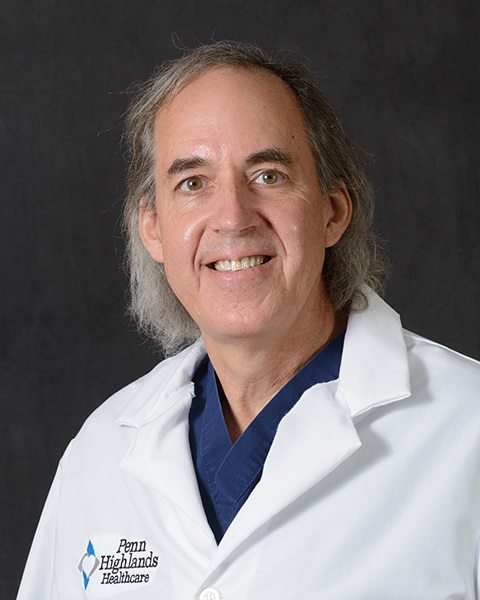
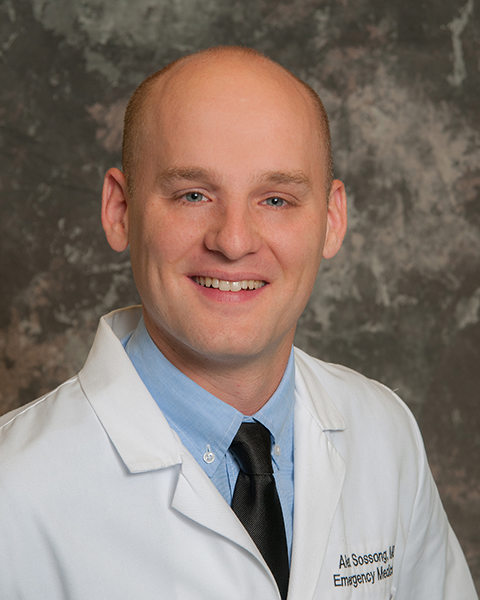

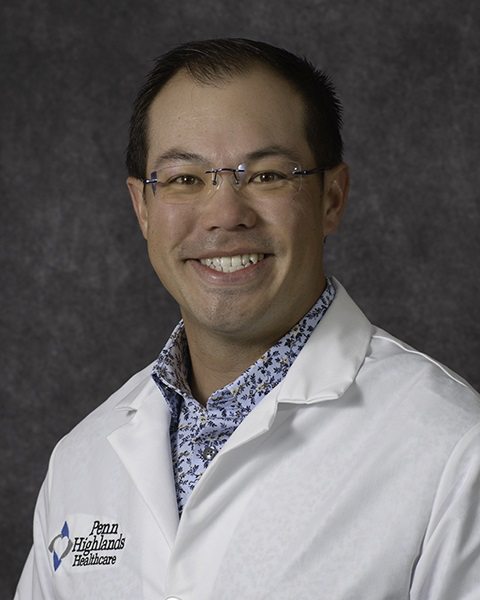


Emergency Medicine
Emergency Department - Huntingdon
Emergency Department - State College
Emergency Department and Trauma Center- DuBois
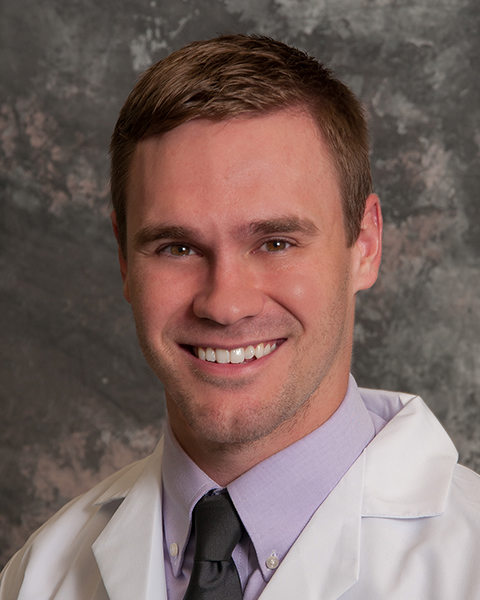
Emergency Medicine
Emergency Department - Clearfield
Emergency Department - Elk
Emergency Department and Trauma Center- DuBois

Emergency Medicine
Emergency Department - Connellsville
Emergency Department - Mon Valley

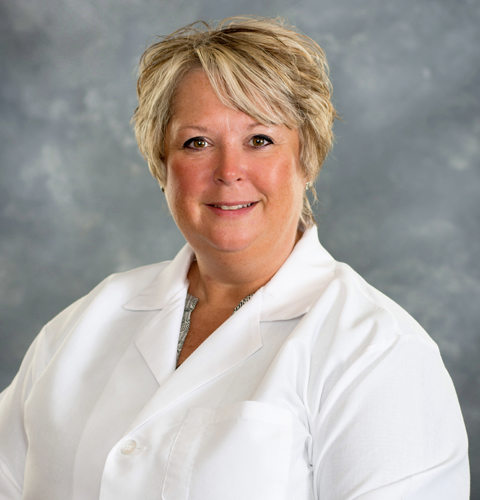
Emergency Medicine
Walk-in Clinic
Huntingdon Emergency Group PC
QCare HuntingdonA Service of Penn Highlands Huntingdon
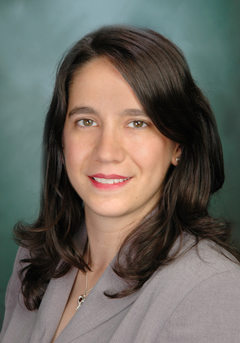
Emergency Medicine
Emergency Department - Brookville
Emergency Department - Clearfield
Emergency Department - Elk
Emergency Department and Trauma Center- DuBois

Emergency Medicine
Emergency Department - Brookville
Emergency Department - Clearfield
Emergency Department - Elk
Emergency Department - Huntingdon
Emergency Department - State College
Emergency Department and Trauma Center- DuBois
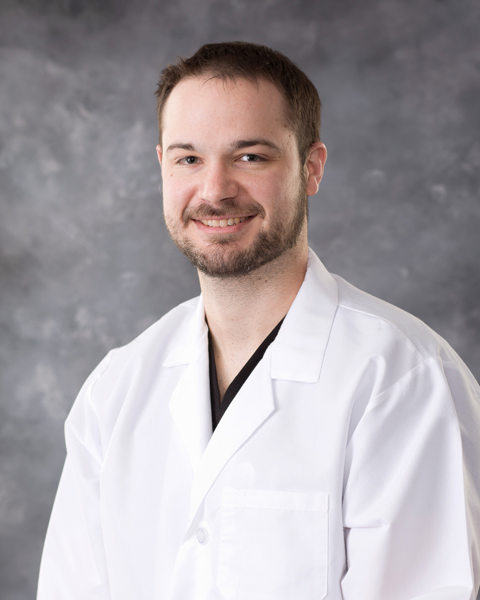
Emergency Medicine
Emergency Department - Clearfield
Emergency Department - Huntingdon
Know the signs of a stroke, save a life, download a stroke symptom reminder card to post in your home and keep in your wallet.
Are There Different Types of Stroke?
A stroke is a condition that cuts off blood flow and oxygen to the brain. When this happens, brain cells begin to die and brain damage can occur that causes disabilities and even death.
Most strokes occur when a blood vessel becomes blocked. This is called an ischemic stroke. Nearly 9 out of 10 strokes are ischemic strokes, according to the American Stroke Association.
Stroke also can be caused by a blood vessel that becomes weak and breaks, causing bleeding in the brain. These strokes are called hemorrhagic strokes.
What is Stroke Emergency Care?
Upon arrival at a Penn Highlands emergency room, patients are evaluated by one of our experienced ER doctors who will look for signs of a stroke. At all of our Penn emergency care facilities, we offer stroke protocol emergency departments. Our emergency medicine teams will conduct a physical assessment, order lab tests to check blood sugar, blood chemical imbalances, and infection. Patients also will have an imaging test, typically a CT scan or MRI, to determine if a stroke has occurred and whether it is ischemic or hemorrhagic.
All Penn Highlands stroke centers work closely with the University of Pittsburgh Medical Center (UPMC). Every Penn Highlands Stroke Center uses an artificial intelligence program called Viz.ai to flag any images that are suspected of hemorrhagic or ischemic stroke. This alerts the radiologist to immediately review the images and the stroke team to implement stroke protocols, if appropriate. The use of Viz.ai takes just minutes from imaging to alert, compared to up to 2 hours traditionally for images to be processed and read manually.
If patients experiencing an ischemic stroke are within three hours of when the symptoms began, they will typically be treated with a clot-busting drug. Patients experiencing a hemorrhagic stroke are taken to surgery to repair the ruptured blood vessel.
The longer a stroke is left untreated, the more likelihood of brain injury and disability so care must be administered as soon as possible. All Penn Highlands emergency rooms are staffed and equipped to assess and begin stroke emergency care, typically within an hour of the patient arrival.
Learn more about our care plan for stroke patients and why Penn Highlands offers the best stroke hospitals in Pennsylvania on our stroke page.
What is the Meaning of Time is Brain?
When a stroke occurs, oxygen is stopped from reaching parts of the brain. Approximately 2 million brain cells die every minute during a stroke. Getting immediate care to restore blood flow and oxygen to the brain is critically important. Research shows that when treatment is administered in the first three hours after signs of a stroke appear, it greatly reduces or even reverses the damage.
All Penn Highlands Healthcare stroke emergency rooms are prepared to identify and treat strokes as quickly as possible. Sometimes, patients may be stabilized at a local hospital and then transported to a Primary Stroke Center.
Penn Highlands DuBois and Penn Highlands Mon Valley are designated Primary Stroke Centers. This Joint Commission certification recognizes hospitals that have the infrastructure, staff and training to identify and treat patients with the most complex strokes. Penn Highlands Elk is certified by the Joint Commission as an Acute Stroke Ready Hospital (ASRH), and Penn Highlands Connellsville is in the process of obtaining its ASRH certification.
The Primary Stroke Center at Penn Highlands DuBois is:
- 2022 Get with the Guidelines®-Stroke GOLD PLUS
The Primary Stroke Center at Penn Highlands Mon Valley is:
- 2022-2023 The Joint Commission Advanced Primary Stroke Center Certification
- 2021 One of America’s Best Hospitals Stroke Center – Women’s Choice Award
- 2021 Get With the Guidelines Stroke Quality Achievement Award – American Heart Association/American Stroke Association
- 2020 Get With the Guidelines – Stroke Gold Plus Quality Achievement Award With Target: Stroke Honor Roll Elite – American Heart Association/American Stroke Association
Penn Highlands Elk is an Acute Stroke Ready Certified Hospital:
- 2022 Get With The Guidelines® — Stroke Gold Plus Award
Where can I find Stroke Doctors near me?
If you think someone close to you is experiencing a stroke, call 9-1-1 or go to the nearest emergency room. The Penn Highlands stroke emergency rooms across central Pennsylvania provide top-quality emergency care. Our highly trained emergency physicians, providers, nurses, and staff provide 24-hour urgent care for all medical emergencies, 365 days a year. We treat people of all ages—adults and children—regardless of ability to pay.
Located on the second floor of Penn Highlands Brookville, the Emergency Department offers 24-hour emergency care to patients suffering from serious illnesses or injuries.
Located on the first floor of Penn Highlands Clearfield, the Emergency Department offers 24-hour emergency care to patients suffering from serious illnesses or injuries.
Located on the first floor of Penn Highlands Connellsville, the Emergency Department offers 24-hour emergency care to patients suffering from serious illnesses or injuries.
Located on the first floor of Penn Highlands Elk, the Emergency Department offers 24-hour emergency care to patients suffering from serious illnesses or injuries.
Located on the first floor of Penn Highlands Mon Vally, the Emergency Department offers 24-hour emergency care to patients suffering from serious illnesses or injuries.
OPENS SUMMER 2024
Located on the first floor of Penn Highlands State College, the Emergency Department offers 24-hour emergency care to patients suffering from serious illnesses or injuries.
Located on the first floor of Penn Highlands Tyrone, the Emergency Department offers 24-hour emergency care to patients suffering from serious illnesses or injuries.
Located on the first floor of Penn Highlands DuBois, the Emergency Department offers 24-hour emergency care to patients suffering from serious illnesses or injuries.

